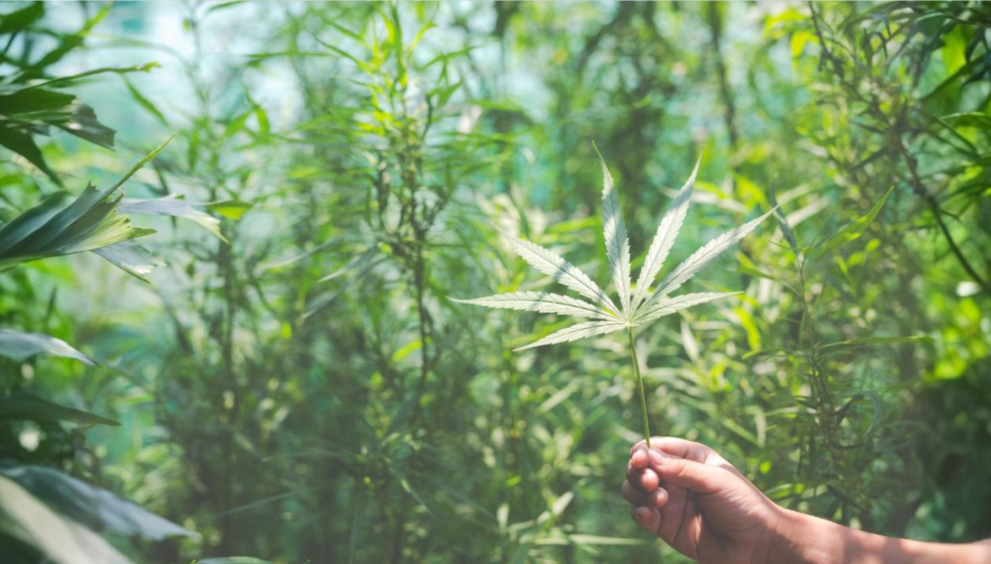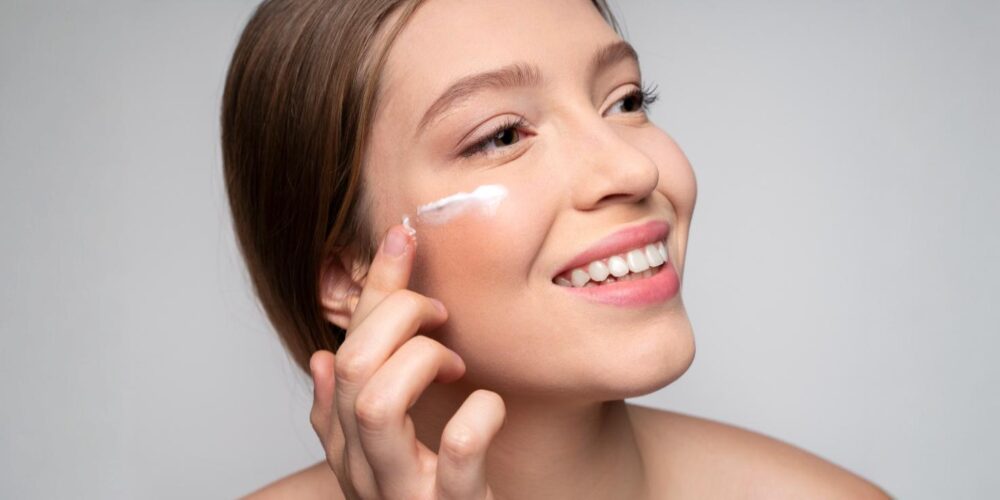Study: Demand for cannabis as pain reliever spurs calls for reliable YouTube content
As the popularity of medical cannabis grows, health organizations are urged to upload accurate videos on its therapeutic use for chronic pain, with a verification process to flag credible sources
Author
Author
- admin / 1 year

- 0
- 2 min read

Author
As more people turn to cannabis for chronic pain relief, a new study reveals that only 22.7% of YouTube videos on the topic provide reliable, clinically accurate information. Researchers are calling for a verification process on the platform to prioritize accurate educational content, aiming to reduce misinformation and guide patients toward informed choices on cannabis use for pain management.
“This is the first study, to our knowledge, that delves into both qualitative and quantitative analyses of YouTube videos on cannabis use for chronic pain management,” the authors of the study wrote.
The study proposes the implementation of a verification process by video platforms like YouTube to ensure that clinically accurate and relevant videos rank higher in search results, helping reduce the spread of healthcare misinformation.
It also recommends that healthcare providers be equipped with tools to assess the quality of health-related content on social media platforms in their fields.
According to the study, 20% of US adults report experiencing chronic pain annually. Cannabis, which has been used for medicinal purposes for centuries, is gaining traction as a potential alternative pain reliever (analgesic), the study says.
As the popularity of medical cannabis grows and misinformation spreads on social media platforms, a new study suggests health organizations and medical professionals should consider uploading educational videos about cannabis use for chronic pain management.
As cannabis use becomes more widespread, many people turn to platforms like YouTube to find information about its therapeutic effects. The National Academy of Medicine (NAM) and the American Public Health Association (APHA) have established guidelines for identifying credible healthcare sources on video platforms.
Personal accounts sharing health-related content must undergo a verification process to ensure accuracy before receiving an “information panel” on their videos. This panel helps users identify reputable sources, but it is currently available only in the US and the UK, and only for certain healthcare topics.
Also read: No, marijuana cannot cure cancer – First Check









